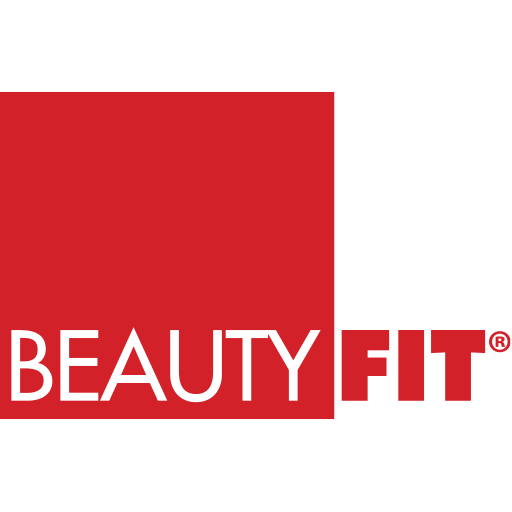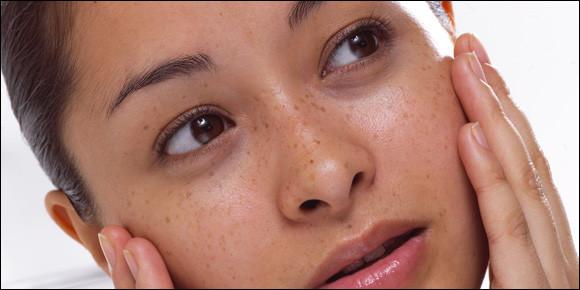So What is Acne?
Acne Vulgaris
Acne occurs when dead skin cells and debris plug up an oil gland, and when bacteria grows, causing that most annoying pimple.
Milder Forms Of Acne Include: Blackheads, whiteheads, or even a red pimple.
Severe acne occurs when bigger solid, and tender lumps deep beneath the skin surface develop, and are known as acne cysts. Acne can occur anywhere on the body, but is most common on the face, neck, chest, and back. Acne is most common in the teenage years, due to hormones changes (rise in body’s natural production of testosterone). Though can also occur later in life (and does so for females starting in their 40’s, with the natural decline of estrogen). Acne does tend to run in families, and if your parents had it, you very likely will as well.
Hormonal Acne
This type of acne is caused by a fluctuation in your hormone levels. More common in women, and can occur at any age. In women ages 20-29, 50% have acne, while women ages 40-49, 25% experience acne. Menstrual cycles can cause breakouts for many females.
Acne during puberty causes breakouts mostly in the T-zone (chin, nose and forehead regions). While hormonal acne usually causes breakouts in the lower half of the face and jawline. Acne for either group can consist of blackheads, whiteheads, or even cysts.
Hormonal acne can be caused by: Menstruation, menopause, polycystic ovarian syndrome, and those whom have high levels of androgens (male hormones).
Combating Hormonal Acne: This can be done by regulating unbalanced hormones by any single means of therapy, or several therapies at one time. For Example: Eating a low-glycemic carbohydrate diet to avoid insulin spikes (yes, insulin is a hormone!), while at the same time using a topical Retin-A or an oral birth control. One, two, or all treatments combined may be used to help clear up acne.
Stress Acne
Stress by itself can bring on acne for a person with no previous history of acne. However, in a person that already has issues with acne, stress can promote the production of additional acne. It is thought that during stressful times, oil glands produce more oil, resulting in more acne.
Diet Acne
There are foods that will elevate your blood sugar more rapidly than others, which in turn then raises your insulin levels. When insulin levels are elevated, your oil glands will in turn increase oil production. Which of course, promotes acne formation. Some Food Examples (considered “high-glyemic carbohydrates”) Include: sugar, white flour, pasta, white rice, and so on. Of course there is the age old culprit chocolate. However, this doesn’t promote acne production in everyone.
Combating Diet Acne: It is important to clean up your diet, and consume low-glycemic carbohydrate food choices. Some Of These Foods Include: whole grains (like quinoa), vegetables, some fruits, and even the legume (bean) family. Foods and supplements containing zinc, Vit A, VIt E and antioxidants are also beneficial to a clearer complexion.
In all, everyone responds differently to food, and what promotes acne in one person may be completely fine in another person. I always suggest to my acne patients to do a food journal, then you can really get to the causes, and fine tune your diet to have clearer skin. Of course, never over look the importance of drinking lots of water to promote a clearer, brighter complexion!
Medical Acne Treatments
For milder cases it’s always diet first, then OTC’s like benzoyl peroxide preparations, retinoids, and cleansers.
- Oral medications clear the skin from the inside to the outside, and are a more potent approach. Some of these options include oral contraceptives, antibiotics for short term, and anti-androgen medications such as Aldactone to stabilize your hormone levels.
- Topical retinoids (made from Vitamin A) are also helpful in drying up the oil glands. For deep cystic, and difficult to control acne I often prescribe oral Accutane, also known as Isotretinion (made from Vitamin A), which drys the oil glands deep in the skin to heal from the inside out, which is very effective.
- At times, it is even helpful to inject cortisone into a stubborn acne cyst. I find it helpful, in females, to draw blood and get an idea on overall hormone levels. Frequently I am surprised how many times these levels come back as abnormal.
Supplements For Acne
Consuming Omega 3 fatty acids help reduce inflammation, Vit A, and Vit E. Plant based foods high in antioxidants also promote healthier skin with a supple tone and decreased inflammation.
Two products I like to recommend: BeautyOmega Gummies, and BeautyGreens.
Natural Ways To Combat Acne: Tea tree oil decreases inflammation, and has mild antibacterial properties. AHA (alpha hydroxy acid) to help remove the outer dead layer of skin, and prevent clogging of pores. Green tea is also good for reducing inflammation when consumed or in a topical application. Don’t over look the diet here!
Ways to Combat Acne Scarring: Laser resurfacing, medical grade microneedling, chemical peels, topical retinoids, and to a lesser extent microdermabrasion
Acne Skin Care Routine Musts: Wash skin every morning, and evening! It is amazing to me how many of my patients don’t do this, and when they do this alone clears up the acne issue!
Always select skin care products that are non-comedogenic. These products prevent the from plugging up your pores and causing acne.
Apply sunscreen every day, all year long!
Keep in mind that a skin cycle is 6 weeks (every 6 weeks we make a brand new layer of skin) and any new routine can take 6-12 weeks to show benefits. So be patient!



